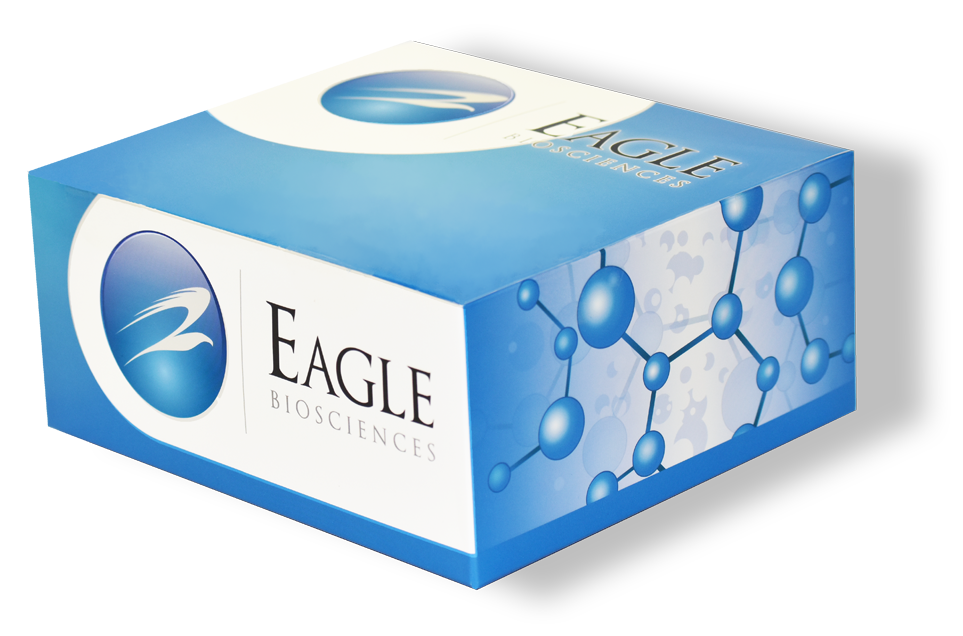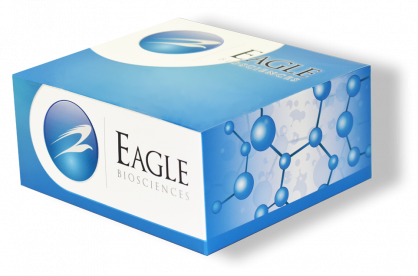L-Lysine ELISA Assay Kit
L-Lysine ELISA Assay Kit Developed and Manufactured in France by ImmuSmol
Size: 1×96 wells
Sensitivity: 2.2 µg/mL
Standard Range: 7.42 – 118.72 µg/mL
Incubation Time: Overnight
Sample Type: Plasma
Sample Size: 20µL
For Research Use Only
Controls Included
Assay Principle
The L-Lysine ELISA Assay Kit (Enzyme Immunoassay) is for the quantitative determination of L-Lysine (Lys) in plasma samples. After extraction and derivatization L-Lysine is quantitatively determined by ELISA. The competitive ELISA uses the microtiter plate format. The antigen is bound to the solid phase of the microtiter plate. The processed standards, controls and samples and the solid phase bound analyte compete for a fixed number of antiserum binding sites. When the system is in equilibrium, free antigen and free antigen-antiserum complexes are removed by washing. The antibody bound to the solid phase is detected by an anti-rabbit IgG-peroxidase conjugate using TMB as a substrate. The reaction is monitored at 450 nm. Quantification of L-Lysine in unknown samples is achieved by comparing their absorbance with a reference curve prepared with known L-Lysine standards.
Storage and Stability
The date is indicated on the L-Lysine ELISA kit labels. Once opened the reagents are stable for 1 month when stored at 2 – 8 °C. Once the L-Lysine resealable pouch has been opened, care should be taken to close it tightly with desiccant again.
Products Related to L-Lysine ELISA Assay Kit
ADMA Arginine ELISA Assay Kit
Homoarginine ELISA Assay Kit
ADMA ELISA Assay Kit
SDMA ELISA Assay Kit



